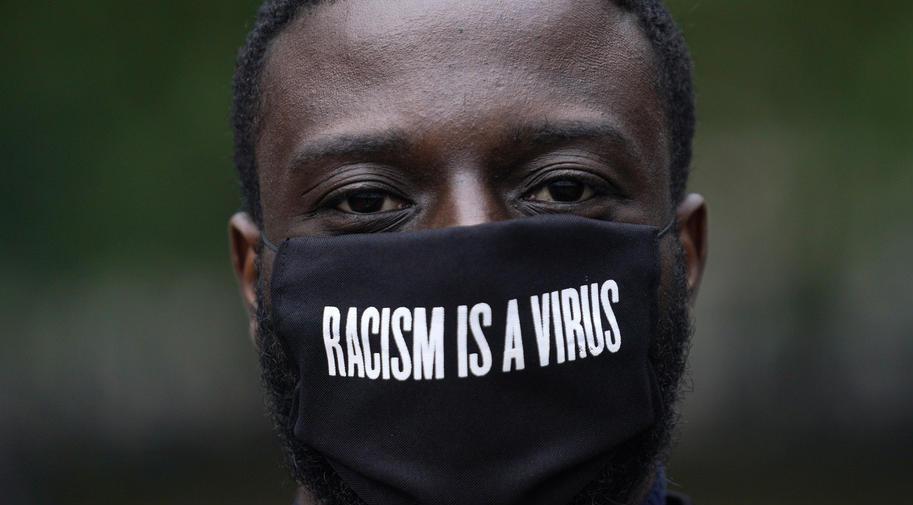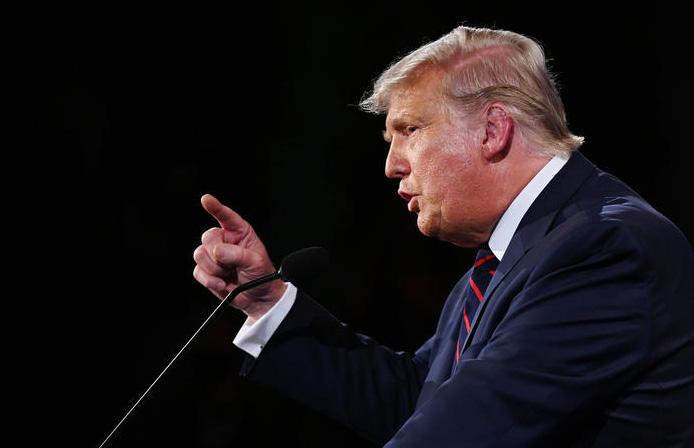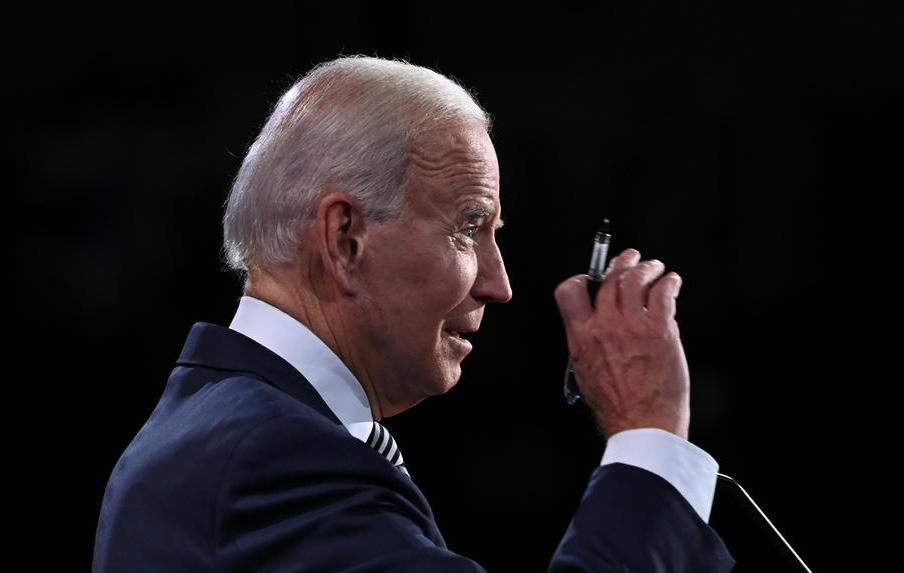
4 minute read
The bumpy countdown to November
CorporateDispatchPro

The bumpy countdown to November
The American Presidential election funnel is fairly straightforward. Parties field multiple candidates into the fight-fest more commonly known as the Primaries whittling down their number until the last one standing is presented as the official nominee in the summer Convention. Nomination secured and accepted, the candidates of the respective parties zip across the country on the campaign trail, face off each other in a series of high-pressure debates, and hope for the best.
The election timeframes are also highly organised, and dates are set by law. The popular vote is held on the first Tuesday after November 1, in the last year of a four-year Presidential term. The Electoral College, then, convenes on the first Monday after the second Wednesday in December. The President-elect is inaugurated on January 20, unless it is a Sunday.
In the 2020 cycle, this orderly timeline has been somewhat overshadowed by a chaotic scatter of events and actions that has shattered all bearings of predictability. This journey is a quick glance at the key moments that have shaped the conversation on the race for the 46th American President.
COVID-19, JANUARY – The pandemic upturned not just the election but everything else happening in 2020. The first case in the US was reported on January 21. The Trump administration at first tried to play down the seriousness before declaring a National Emergency in March. The US suffered a fifth of the world’s cases, leading to a quarter million deaths before November.
SUPER TUESDAY, MARCH – Joe Biden’s campaign seemed to fall flat after disappointing results in the first primaries, bested by hot


Bernie Sanders. But just before Super Tuesday votes opened, fellow candidates Amy Klobuchar and Pete Buttigieg dropped out of the race and endorsed the former Vice President. Biden went on to win the majority of states, emerging as the solid front-runner.
GEORGE FLOYD, MAY – Footage of a white police officer kneeling on the neck of a black man until he died, triggered intense protests across the country. Peaceful and not-so-peaceful demonstrations against police brutality and racial injustice sprung in hundreds of towns and cities while calls to defund the police grew louder. The Room Where It Happened, June – Donald Trump’s former National Security Advisor John Bolton released a memoir with a damning opinion of the President. One of the biggest claims by hawkish Bolton is that Trump south help from Chinese President XI Jinping in his re-election bid. Trump had tried to ban the publication of the book.
KAMALA HARRIS, AUGUST – Joe Biden named Senator Kamala Harris as his running mate, a presidential candidate herself in this election. If elected, the 55-year -old will be America’s first female, first Black and first Asian American Vice President. In her acceptance speech, Harris criticised President Trump’s “failure of leadership”.
TAX RETURNS, SEPTEMBER – The New York Times laid its hands on decades of tax information on Donald Trump, who has repeatedly avoided publishing details. The documents say that the President paid just $750 in taxes in 2016, taking advantage of government schemes to help businesses that reported losses.

CorporateDispatchPro


FIRST DEBATE, OCTOBER – The first debate between Donald Trump and Joe Biden was billed the ‘worst ever’ after 90 minutes of the two men shouting over each other’s voices. Trump, particularly, drew criticism for his demeanour and disregard for moderator Chris Wallace. Biden, on his part, responded in kind at one point calling the President a clown.

TRUMP TEST POSITIVE, OCTOBER – A tweet by the President in the middle of the night broke the news that he had contracted the virus. Trump was flown to Walter Reed Military Hospital for treatment while conflicting messages about his state emerged from the White House. The President was discharged after a few days after his doctors said he was no longer contagious.
AMY CONEY BARRETT, OCTOBER – Iconic Supreme Court Justice Ruth Bader Ginsburg died leaving a vacancy for an associate justice. Trump and Republican Senators moved quickly to nominate Amy Coney Barrett who had previously expressed controversial opinions on abortion and the Affordable Care Act. Democrats want the seat to be filled after the election.





